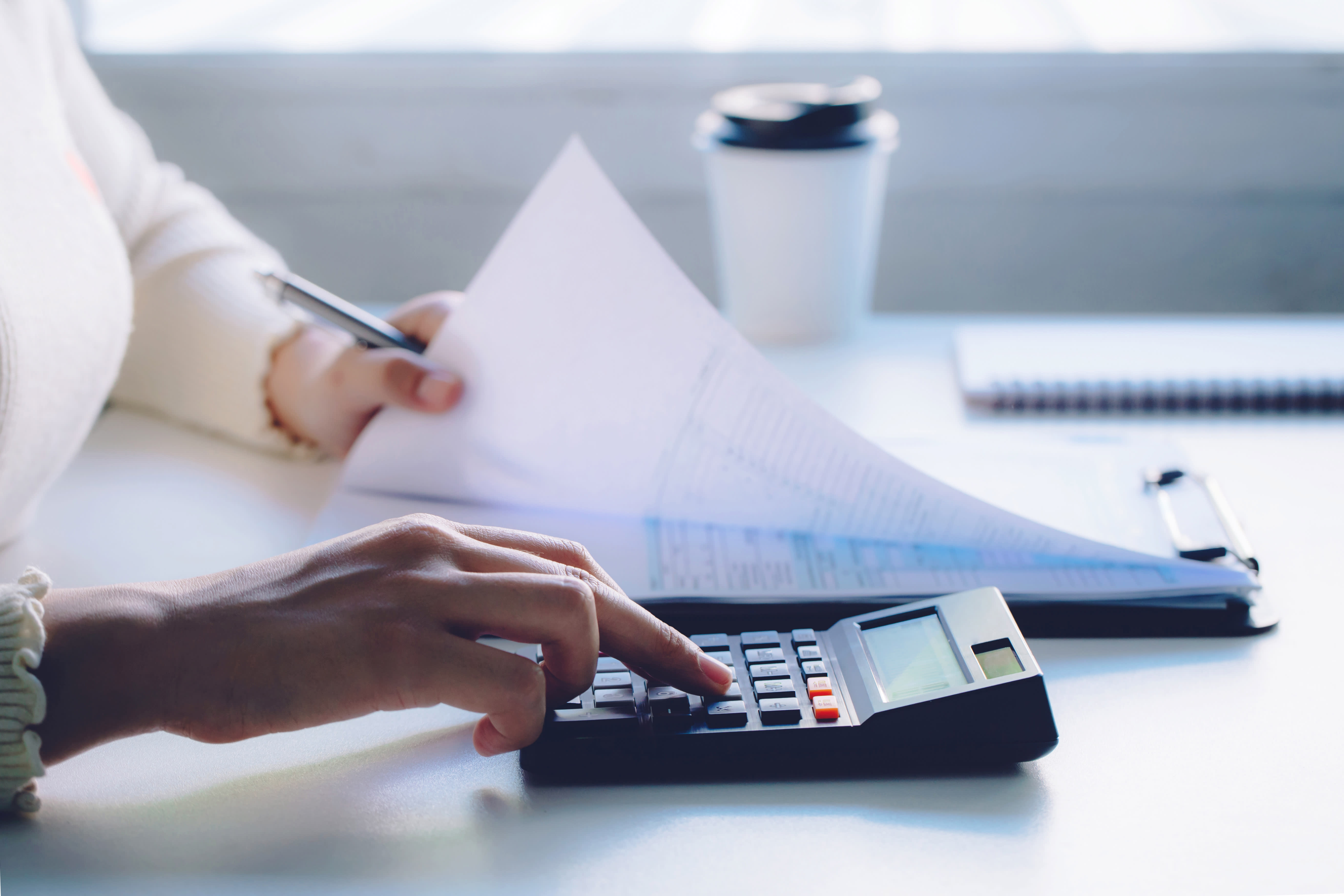
Student loan borrowers could see big changes over the next few months.
pcess609
Former Vice President Joe Biden made an announcement in April that was mostly drowned out by more and more alarming developments of the coronavirus pandemic: As president, he would forgive undergraduate federal student loan debt picked up at public colleges for those earning less than $125,000 a year.
Biden has also come out in favor of cancelling $10,000 of the debt for all borrowers.
During the Democratic primaries, it was the more progressive candidates, Bernie Sanders and Elizabeth Warren, calling for sweeping student loan forgiveness.
Then the pandemic happened.
Now, Biden joins a growing chorus of politicians and consumer advocates aware that Americans were already struggling with their student loans before the country fell into a recession, and that without deeper relief, millions of them will face financial ruin.
Outstanding student loan debt in the U.S. has spilled to more than $1.6 trillion. Prior to the pandemic, some 1 in 7 borrowers were in delinquency, and up to two-thirds of people’s monthly payments were just going toward the interest on their debt. In other words, their balances weren’t going down.
These figures are practically guaranteed to worsen when the six-month reprieve Congress granted federal student loan borrowers from their bills comes to an end in September. Unemployment levels haven’t been this high since the Great Depression.
“The student debt crisis was already at a tipping point and will be pushed over the edge by this pandemic,” reads a recent report by the Brookings Institute.
Thanks to the CARES Act passed in March, borrowers currently have until October before they need to resume payments. They’re likely to get more time, experts say.
“There’s serious discussions about extending that out,” said Persis Yu, director of the Student Loan Borrower Assistance Project at the National Consumer Law Center.
House Democrats, in their $3 trillion HEROES Act, called for extending the break for another year, until Sept. 30, 2021.
It’s unclear if Republicans in the Senate will want to let student loan borrowers off the hook for another year, said higher education expert Mark Kantrowitz. “But, given that 2020 college graduates are graduating into the worst job market ever, I think an extension is likely,” he said.
Still, consumer advocates say that pausing payments only delays the inevitable: a surge in defaults. Debt forgiveness is essential, they say, if people with student debt are going to be able to recover from this crisis.
There have been calls for targeted debt cancellation.
For example, Rep. Katherine Clark, D-Mass., introduced legislation recently that would cancel as much as $6,000 a year in student loan debt for five years for certain early childhood educators. (Many of these workers have been out of a job during the pandemic.)
And House Democrats introduced legislation in May that would have forgiven health care workers’ student debt.
More from Personal Finance:
Stashing cash? Savings interest rates sink
How to make your money work harder in the coronavirus crash
These banks are offering coronavirus financial aid
Meanwhile, Biden’s forgiveness plan would end about a third of the country’s outstanding student loan debt, according to calculations by Kantrowitz. And there’s evidence that his proposal for $10,000 in forgiveness could have a powerful impact, as half of borrowers in default owe less than that amount.
Biden would also extend relief to borrowers enrolled in income-driven repayment plans, which make monthly payments more affordable by capping them at a share of a borrowers’ income.
He would slash those bills in half and make the eventual debt forgiveness tax-free.
How has the pandemic impacted your ability to repay your student loans? Please email me at [email protected]



